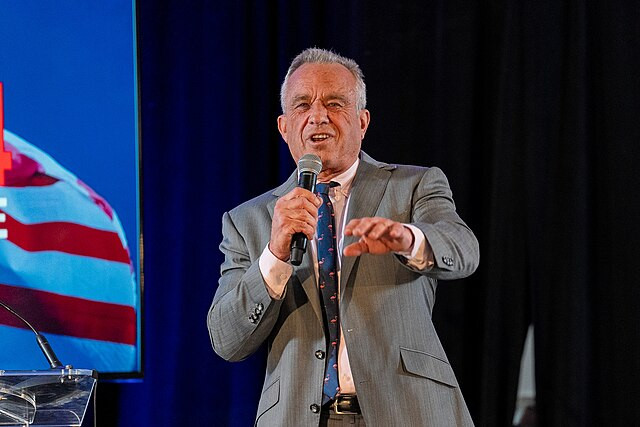More than 1,000 measles cases have been reported in the United States so far this year, marking only the second time in three decades that infections have reached this level. The Centers for Disease Control and Prevention confirmed 1,001 cases as of May 8, with 14 active outbreaks across 30 states. Texas alone accounts for 709 confirmed infections, the largest share by far.
The CDC reports that 68% of infections involve individuals under 19 years old, and nearly one-third of all cases are in children under five. Roughly 96% of those infected were either unvaccinated or had unknown vaccination status, with only 2% of cases occurring in individuals who had received two doses of the MMR (measles, mumps, rubella) vaccine.
Three measles-related deaths have been confirmed since January-the highest toll since 1992 and the first fatalities from the virus in the U.S. since 2015. The Texas Department of State Health Services said two of those deaths were children in the state. Over 90 people in Texas have been hospitalized due to the virus, roughly 13% of total cases in the state.
Federal health officials warn that the spread of the disease, particularly as Americans begin summer travel, could worsen. Ohio has also seen a rise in infections, with 38 cases reported statewide, mostly in Ashtabula and Knox counties. In April, Chicago reported two cases, one involving a traveler passing through O'Hare International Airport.
"Measles is a highly contagious respiratory disease," said Keith Luckett, M.D., associate professor of clinical internal medicine at UC Health. "If you're exposed to someone with measles and you're not protected through vaccination, you're at risk, regardless of if it's April or if it's December."
The outbreak has reignited scrutiny of Department of Health and Human Services Secretary Robert F. Kennedy Jr., a longtime vaccine skeptic. Kennedy has minimized the crisis, incorrectly suggesting the outbreak is an annual occurrence. The virus was declared eliminated in the U.S. in 2000, with sporadic cases since.
Kennedy has acknowledged that vaccination is the best way to prevent infection but has promoted false claims about the disease and its treatment. He suggested children were being hospitalized only for quarantine, downplayed the severity of the virus, and promoted alternative remedies like cod liver oil and vitamin A-leading to misuse by some parents.
The HHS secretary also claimed that the measles vaccine does not offer lifetime protection. In contrast, CDC data shows that two doses of the MMR vaccine are about 97% effective and generally confer lifelong immunity. In rare breakthrough cases, symptoms are usually milder and complications less common.
Speaking to Politico about the surge in cases, Amesh Adalja, a senior scholar at Johns Hopkins University, said Kennedy's rhetoric could have lasting consequences. "People always wonder - historically - how do civilizations backslide? Isn't progress inevitable? Don't you always go forward? This is how that kind of thing happens - you have technological progress and then people choose to abandon it," Adalja said.






